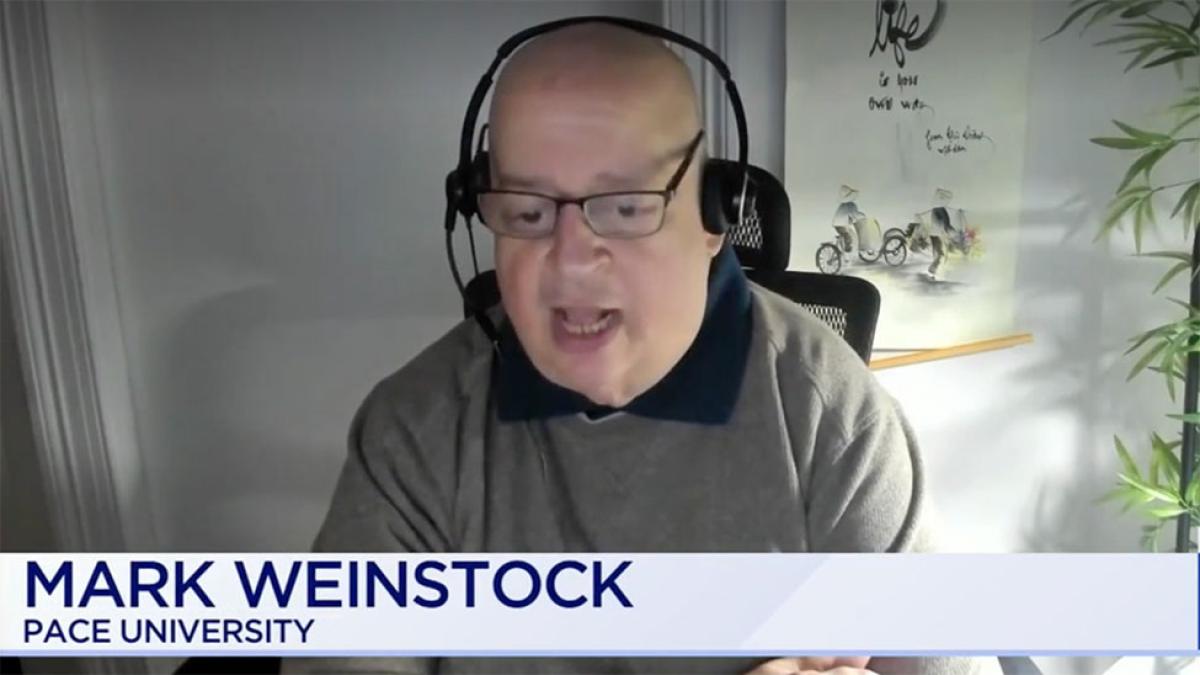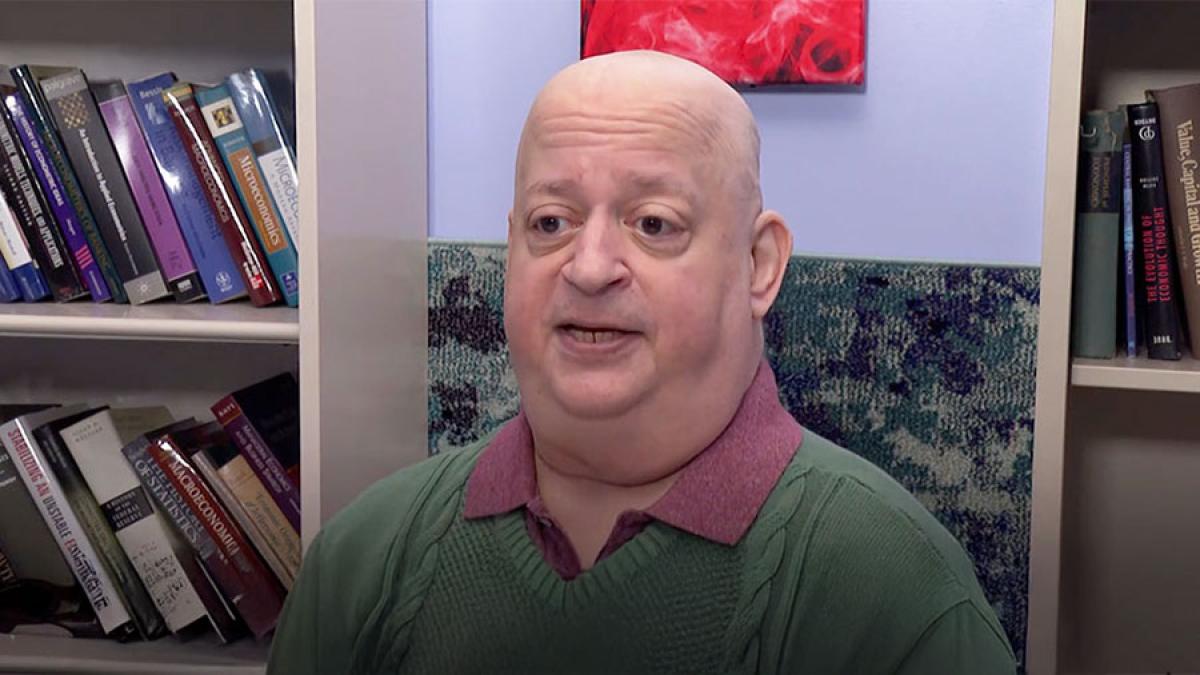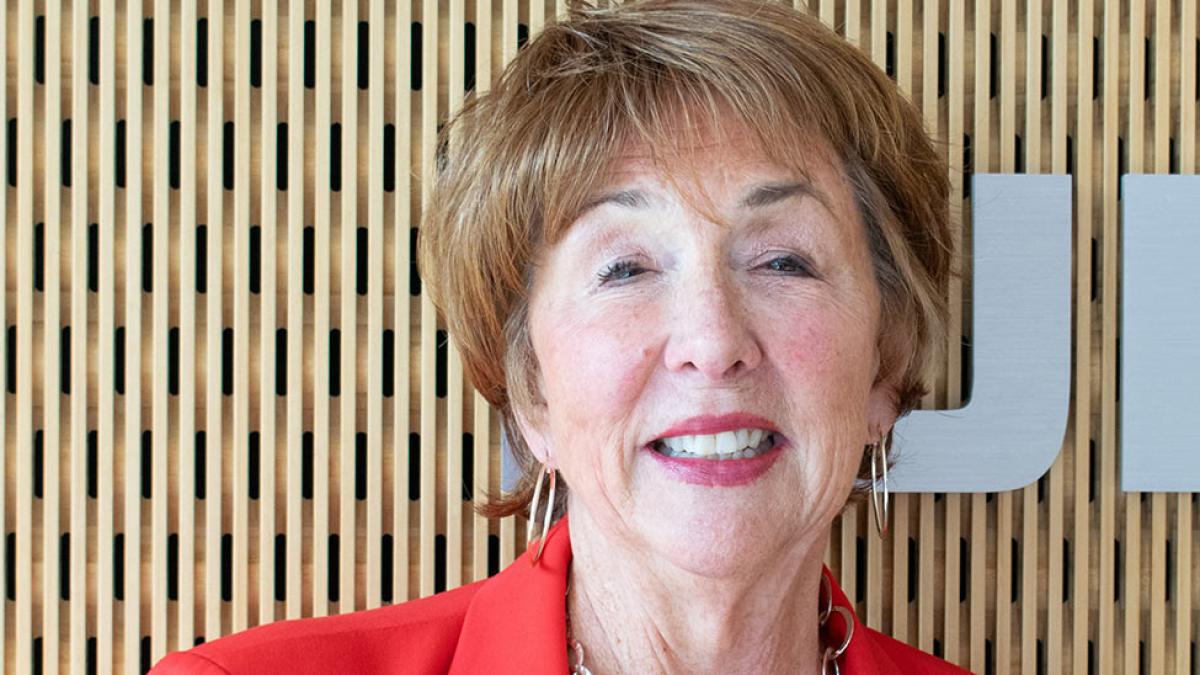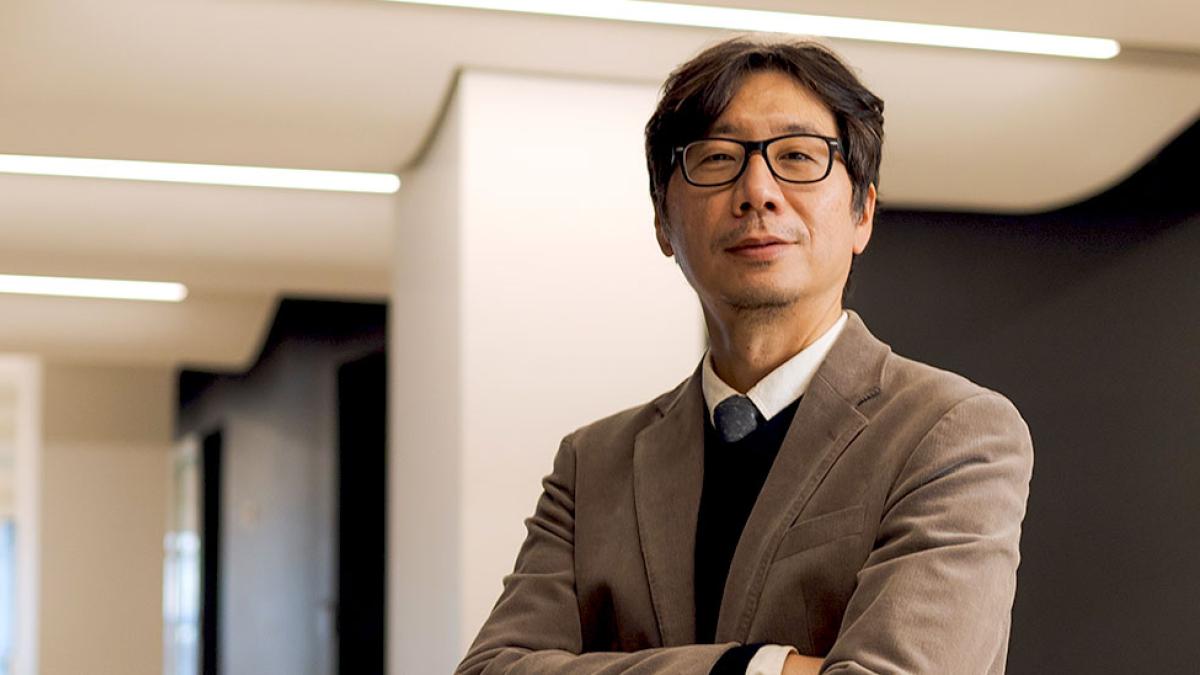U.S. Imports Slid in June on Higher Tariffs
Dyson Economics Professor Mark Weinstock speaks with The New York Times about the economic impact of rising U.S. tariffs. He warned that tariff increases could shrink competitiveness, reduce profitability, and limit growth opportunities for U.S. firms, saying, “Tariffs will not make America great again.”

Manhattan Prosecutors Are Learning To Do More Accurate Witness And Suspect Interviews
Elisabeth Haub School of Law Professor Bennett Gershman is featured in Gothamist discussing Manhattan prosecutors' shift to evidence-based suspect and witness interview techniques. “Investigators must have an incentive to find the truth, not just to get a conviction,” he said.
Popular Toy Brand, Jellycat, Pulls Supply From Katonah Business After 20 Years
In an interview with News 12, Dyson Professor Weinstock noted that the wider availability of once-exclusive products—such as Jellycat toys—can diminish consumer excitement, since emotional attachment often depends on perceived rarity.

Trump’s SLAPP Suits Against the Media Win Even When They Lose
Professor Gershman pens an op-ed in the New York Law Journal criticizing President Donald Trump’s use of SLAPP suits against the media. While often dismissed, he argues these suits succeed in chilling speech, exhausting resources, and deterring journalistic scrutiny.
Trump Tariffs, Tiffs Tied To NYC Tourism Drop Are ‘Catastrophically’ Affecting Business
Lubin Professor Claudia G. Green speaks with Gothamist on the economic ripple effects of anti-U.S. sentiment and travel policy. She flagged a dramatic decline in international tourism, calling it “catastrophically” damaging to U.S. travel industries, with some estimates projecting up to $12.5 billion in losses —and Travel and Travel World has the story.

Climate Change
Dyson Communication and Media Studies Professor Seong Jae Min writes a piece in The Korea Times examining the climate crisis in South Korea. His commentary highlights the urgent need for global cooperation in mitigating the effects of rising temperatures and shifting environmental patterns.

Top ABSN Programs in New York | 2025
The College of Health Professions Nursing program was recognized by Nurse.org as one of the top ABSN programs in New York.
How A Hudson Valley Nursing Home Is Fighting The Health Care Worker Shortage
The Journal News also highlights Pace’s continuing partnership with Kendal on Hudson, which awarded $1,000 scholarships to five Pace nursing students this year to address the healthcare worker shortage.
Pace Men's Soccer Returns After 35-Year Absence With Pine Bush Grad Coaching
Mid Hudson News reports that Ed Evan will lead Pace University’s men’s soccer team as it returns after a 35-year hiatus.
Artsbridge Gives Local Students a Stage to Shine
As students prepare to return to campus, WANF-TV (CBS Atlanta) highlighted incoming Sands College of Performing Arts student Hayden Poe, who is preparing to study musical theatre in New York City after an inspiring run with ArtsBridge Foundation in Georgia.